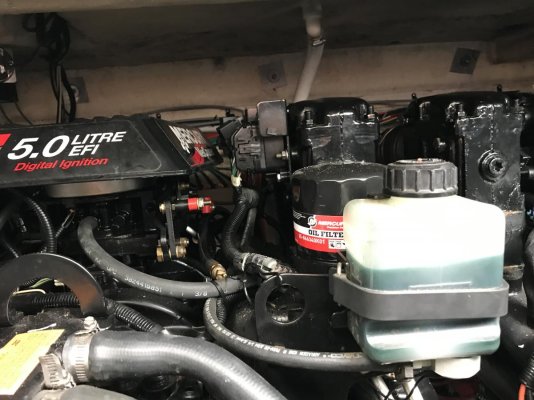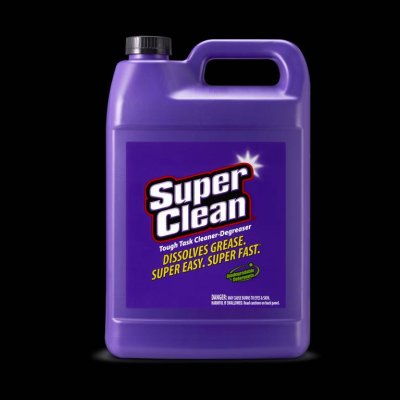TorronaPwr
Veteran Member
- Joined
- Nov 2, 2020
- Messages
- 35
- Vessel Name
- Ava
- Vessel Make
- Cruisers Yachts 3075
Hi everyone, thanks for all your previous help which allowed a newb like me to replace risers, manifolds and impellers.
Now that is done I'd like to clean out the cramped engine compartment once haul out comes.
Here's the stunning ignorance part - With batteries off and bilge plug out, can I take a garden hose with attached spray set on "Jet" and try to remove the worst of the dirt? Would that damage anything, upset anything, or is there a better way other than hiring an athletic monkey to clamber over the top of the two Mercruiser 5L engines?
Now that is done I'd like to clean out the cramped engine compartment once haul out comes.
Here's the stunning ignorance part - With batteries off and bilge plug out, can I take a garden hose with attached spray set on "Jet" and try to remove the worst of the dirt? Would that damage anything, upset anything, or is there a better way other than hiring an athletic monkey to clamber over the top of the two Mercruiser 5L engines?



